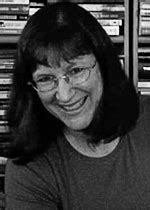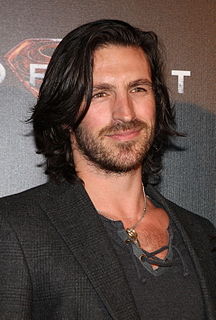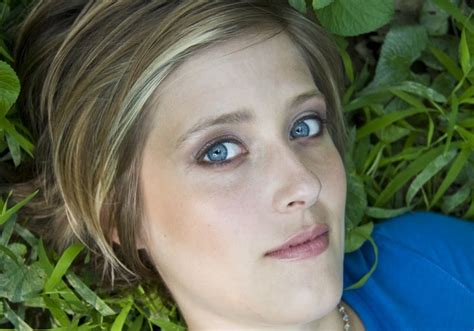A Quote by Holly Lisle
The definition of a writing career, is write a book, write another book, write another book
Related Quotes
You have to surrender to your mediocrity, and just write. Because it's hard, really hard, to write even a crappy book. But it's better to write a book that kind of sucks rather than no book at all, as you wait around to magically become Faulkner. No one is going to write your book for you and you can't write anybody's book but your own.
I was asked in an interview once: You're writing another book with a female lead? Aren't you afraid you're going to be pigeonholed? And I thought, I write a team superhero book, an uplifting solo hero book, I write a horror-western, and I write a ghost story. What am I gonna be pigeonholed as? Has a man in the history of men ever been asked if he was going to be pigeonholed because he wrote two consecutive books with male leads?
I think, for me, there's The Book I Should Write and The Book I Wanted to Write - and they weren't the same book. The Book I Should Write should be realistic, since I studied English Lit. It should be cultural. It should reflect where I am today. The Book I Wanted to Write would probably include flying women, magic, and all of that.
The process for writing a picture book is completely different from the process of writing a chapter book or novel. For one thing, most of my picture books rhyme. Also, when I write a picture book I'm always thinking about the role the pictures will play in the telling of the story. It can take me several months to write a picture book, but it takes me several years to write a novel.
Write what you want to read. So many people think they need to write a particular kind of book, or imitate a successful style, in order to be published. I've known people who felt they had to model their book on existing blockbusters, or write in a genre that's supposed to be "hot right now" in order to get agents and publishers interested. But if you're writing in a genre you don't like, or modeling yourself on a book you don't respect, it'll show through. You're your first, most important reader, so write the book that reader really wants to read.






































